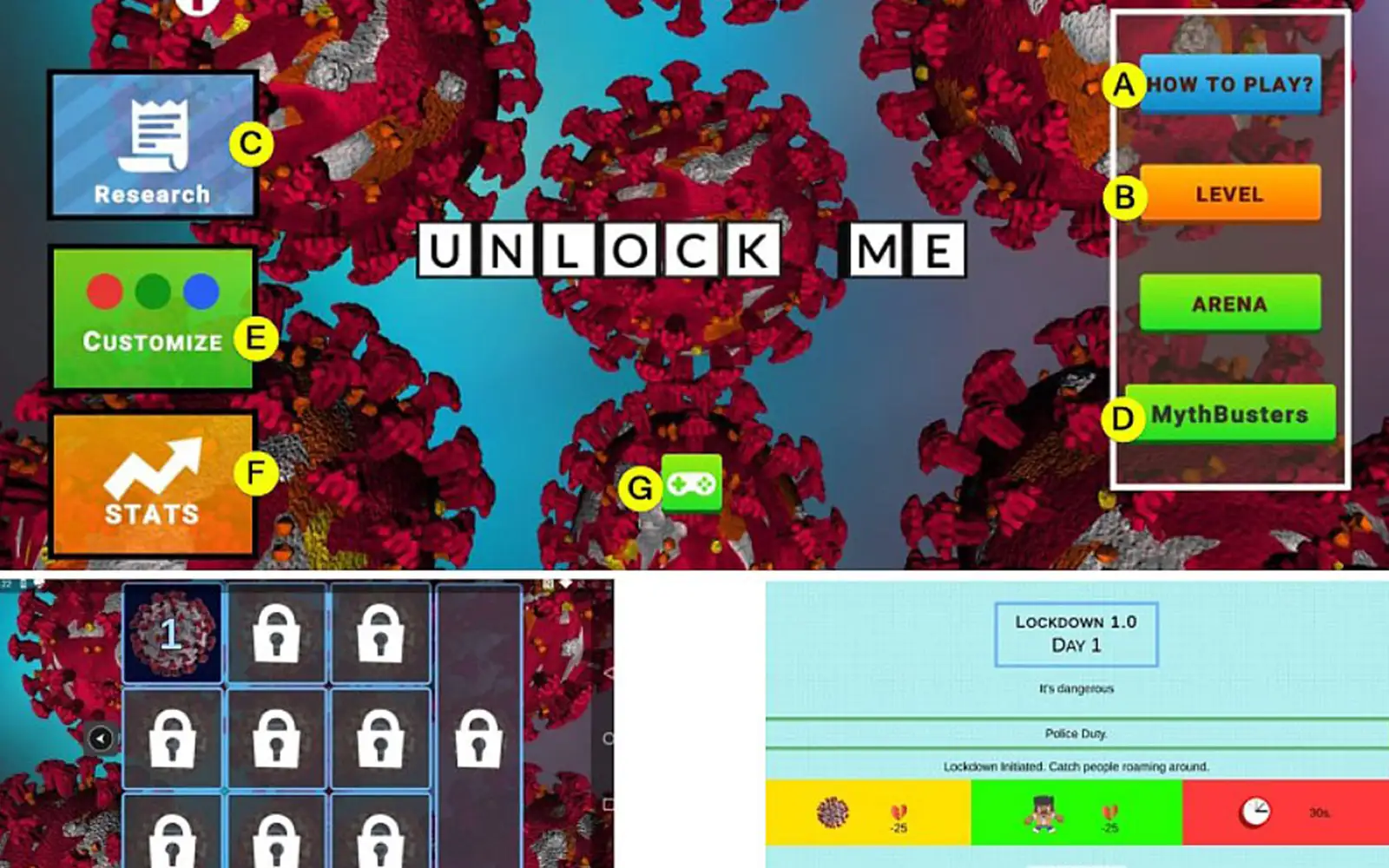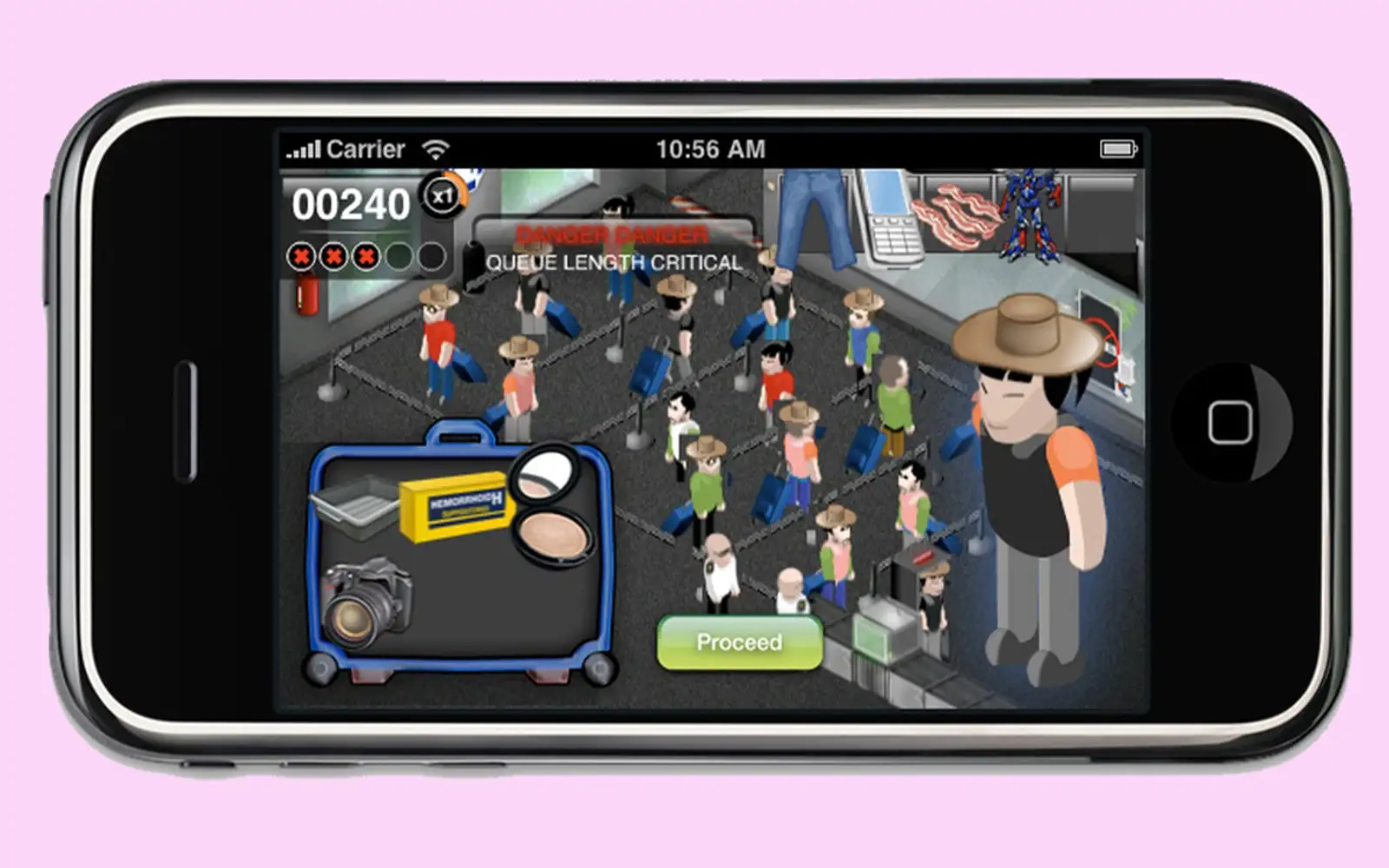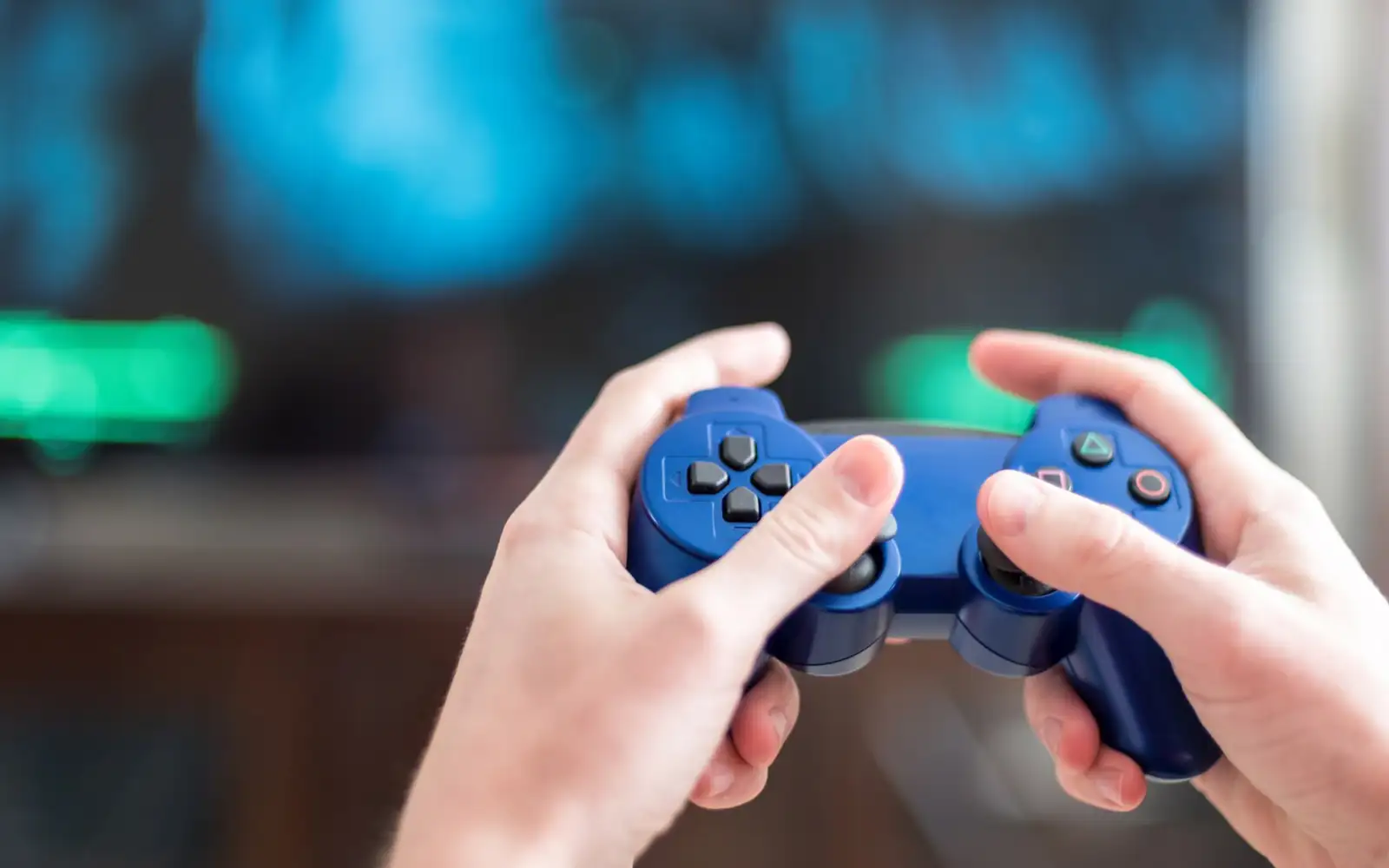Write an article about ‘Serious games’ aim to teach players about topics such as climate change, health conditions, and disease infection control. (Envato Elements pic)
Gaming has grown up: players are learning about topics such as climate change, hurricane safety, type-1 diabetes, and infection control practices during a pandemic – and having fun while doing so.
“Serious games” are designed for purposes beyond pure entertainment. They are used, for instance, to encourage people to adopt healthy lifestyle changes, develop better social skills, be persuaded of and recruited to various causes, and for campaigning in politics.
Such games can also be used to teach medical students how to diagnose certain conditions. For example, a modified version of the “Mario Bros” computer game helps children learn about type-1 diabetes and how to better control their blood sugar levels.
The game challenges players to manage Mario’s glucose levels by ensuring he makes healthy dietary choices and gets enough physical activity.
Serious games are preferred over social media as tools for awareness because social media can spread misinformation, while these games are designed and evaluated by experts.
During the pandemic, researchers at BML Munjal University in India designed a smartphone game called “Unlock Me” to raise awareness about safe hygiene practices when dealing with Covid-19. The game simulates real-life situations and experiences to help players understand practices such as using hand sanitiser and social distancing.
In the game, the player is a police officer who patrols the streets searching for people violating the lockdown. The challenge is to catch violators within the given timeframe by creating checkpoints in the game map.
 Screengrabs from the Covid-themed game ‘Unlock Me’. (BML Munjal University pics)
Screengrabs from the Covid-themed game ‘Unlock Me’. (BML Munjal University pics)
To drive home the message of infection control, the developers introduced certain features such as “Covid bombs”, which can infect the player if they come into contact with them – either on surfaces or airborne.
Lifestyle management and awareness
Game-based learning has been used in the education and health sectors since the 2000s for lifestyle management. Such games positively impact users by increasing adoption of healthy measures such as drinking water, eating vegetables, and increasing physical activity.
Learning via educational games helps develop players’ knowledge and encourages positive behaviour. For example, the mobile game “Jetset” allows travellers to keep up to date on security regulations at international airports.
Players learn about the different security measures at 100 airports worldwide, and get virtual souvenirs if they are playing from one of the airport sites.
Serious games can also be designed for users to acquire specific skills. According to a review of 512 games, 83% of skills-acquisition games were found to be impactful and provided the desired learning outcomes.
Then there are games that raise community awareness of issues. For instance, “eVision” educates people about environmental threats using augmented reality and mobile-computing technology to allow users to search for sources of pollution near them with their phones.
Impact tests suggest that “eVision” played an important role in alerting users to sustainability issues, and even influenced their behaviour: users’ experience with the game influenced what type of car they went on to buy.
 ‘Jetset’ allows travellers to keep updated on security regulations at international airports. (Persuasive Games pic)
‘Jetset’ allows travellers to keep updated on security regulations at international airports. (Persuasive Games pic)
Another game that creates awareness of hurricanes provides a safety checklist and asks users to perform the tasks according to the list. Some 90% of participants said they were able to learn hurricane safety through the game.
Measuring impact
While serious games have lofty ambitions, it can be difficult to measure how good they are at actually changing attitudes and behaviours. To do so requires testing gameplay features with players over and over and in real time, so that data can be fed back into future game development.
This was the case with “Unlock Me”, which was able to prove that the game was particularly successful in helping 17- to 21-year-olds users learn about Covid: comparing the average scores of a pre-game questionnaire on Covid awareness with in-game questions showed an increase in learning of 53%.
However, the data also showed that elderly players faced more challenges in completing all the levels and, hence, learning about Covid.
Developing an awareness-based educational game requires a deep analysis of user experiences. However, most serious games do not use a data-baked approach to do this.
Traditionally, games are evaluated by rating them on a scale. In the case of serious games, empirical data needs to be generated by analysing real-time player behaviour to validate their responses.
Accurately assessing player experiences during gameplay can help build more enjoyable games while ensuring the objectives of these games are met.
This article was written by Nishtha Phutela, assistant professor in the school of engineering and technology at BML Munjal University, India, for 360info.
in 1000-1500 words .Organize the content with appropriate headings and subheadings (h1, h2, h3, h4, h5, h6), Retain any existing tags from
 ‘Serious games’ aim to teach players about topics such as climate change, health conditions, and disease infection control. (Envato Elements pic)
‘Serious games’ aim to teach players about topics such as climate change, health conditions, and disease infection control. (Envato Elements pic)
Gaming has grown up: players are learning about topics such as climate change, hurricane safety, type-1 diabetes, and infection control practices during a pandemic – and having fun while doing so.
“Serious games” are designed for purposes beyond pure entertainment. They are used, for instance, to encourage people to adopt healthy lifestyle changes, develop better social skills, be persuaded of and recruited to various causes, and for campaigning in politics.
Such games can also be used to teach medical students how to diagnose certain conditions. For example, a modified version of the “Mario Bros” computer game helps children learn about type-1 diabetes and how to better control their blood sugar levels.
The game challenges players to manage Mario’s glucose levels by ensuring he makes healthy dietary choices and gets enough physical activity.
Serious games are preferred over social media as tools for awareness because social media can spread misinformation, while these games are designed and evaluated by experts.
During the pandemic, researchers at BML Munjal University in India designed a smartphone game called “Unlock Me” to raise awareness about safe hygiene practices when dealing with Covid-19. The game simulates real-life situations and experiences to help players understand practices such as using hand sanitiser and social distancing.
In the game, the player is a police officer who patrols the streets searching for people violating the lockdown. The challenge is to catch violators within the given timeframe by creating checkpoints in the game map.
 Screengrabs from the Covid-themed game ‘Unlock Me’. (BML Munjal University pics)
Screengrabs from the Covid-themed game ‘Unlock Me’. (BML Munjal University pics)
To drive home the message of infection control, the developers introduced certain features such as “Covid bombs”, which can infect the player if they come into contact with them – either on surfaces or airborne.
Lifestyle management and awareness
Game-based learning has been used in the education and health sectors since the 2000s for lifestyle management. Such games positively impact users by increasing adoption of healthy measures such as drinking water, eating vegetables, and increasing physical activity.
Learning via educational games helps develop players’ knowledge and encourages positive behaviour. For example, the mobile game “Jetset” allows travellers to keep up to date on security regulations at international airports.
Players learn about the different security measures at 100 airports worldwide, and get virtual souvenirs if they are playing from one of the airport sites.
Serious games can also be designed for users to acquire specific skills. According to a review of 512 games, 83% of skills-acquisition games were found to be impactful and provided the desired learning outcomes.
Then there are games that raise community awareness of issues. For instance, “eVision” educates people about environmental threats using augmented reality and mobile-computing technology to allow users to search for sources of pollution near them with their phones.
Impact tests suggest that “eVision” played an important role in alerting users to sustainability issues, and even influenced their behaviour: users’ experience with the game influenced what type of car they went on to buy.
 ‘Jetset’ allows travellers to keep updated on security regulations at international airports. (Persuasive Games pic)
‘Jetset’ allows travellers to keep updated on security regulations at international airports. (Persuasive Games pic)
Another game that creates awareness of hurricanes provides a safety checklist and asks users to perform the tasks according to the list. Some 90% of participants said they were able to learn hurricane safety through the game.
Measuring impact
While serious games have lofty ambitions, it can be difficult to measure how good they are at actually changing attitudes and behaviours. To do so requires testing gameplay features with players over and over and in real time, so that data can be fed back into future game development.
This was the case with “Unlock Me”, which was able to prove that the game was particularly successful in helping 17- to 21-year-olds users learn about Covid: comparing the average scores of a pre-game questionnaire on Covid awareness with in-game questions showed an increase in learning of 53%.
However, the data also showed that elderly players faced more challenges in completing all the levels and, hence, learning about Covid.
Developing an awareness-based educational game requires a deep analysis of user experiences. However, most serious games do not use a data-baked approach to do this.
Traditionally, games are evaluated by rating them on a scale. In the case of serious games, empirical data needs to be generated by analysing real-time player behaviour to validate their responses.
Accurately assessing player experiences during gameplay can help build more enjoyable games while ensuring the objectives of these games are met.
This article was written by Nishtha Phutela, assistant professor in the school of engineering and technology at BML Munjal University, India, for 360info.
and integrate them seamlessly into the new content without adding new tags. Include conclusion section and FAQs section at the end. do not include the title. it must return only article i dont want any extra information or introductory text with article e.g: ” Here is rewritten article:” or “Here is the rewritten content:”
